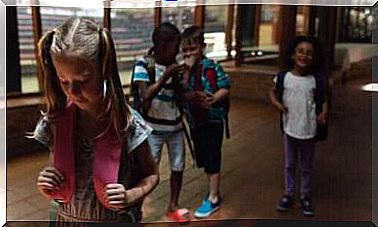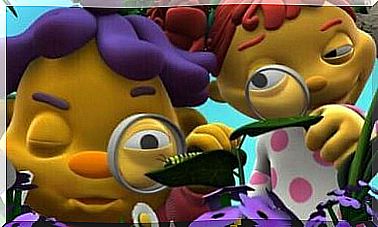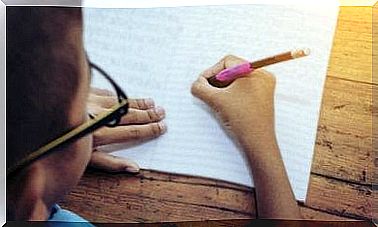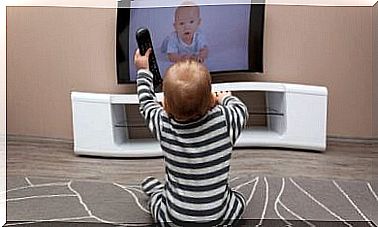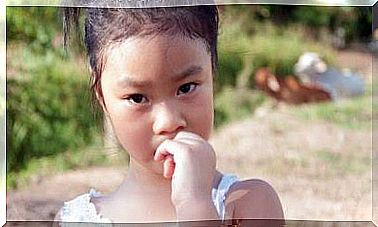Child Pedagogy, What Is It?
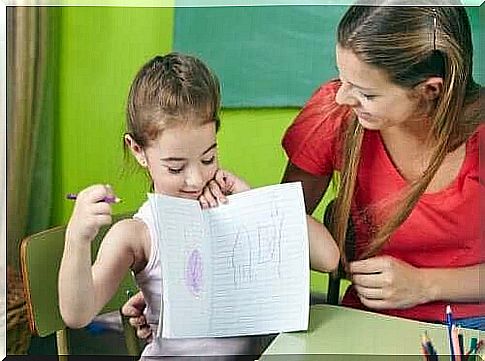
Child pedagogy is a specific branch of research in pedagogy.
To distinguish it from ordinary pedagogy, we must first learn what pedagogy actually is as a science. After that, we look at what child pedagogy consists of and what specific goals it has.
What is pedagogy?
Pedagogy is a scientific discipline that focuses on examining what education is as well as all the many teaching methods that exist.
Experts believe that it is an applied science of a psychosocial nature. The purpose is to analyze, organize and improve people’s education.
In any given society, there is a norm for how individuals should act and behave, and experts are guided by these principles.
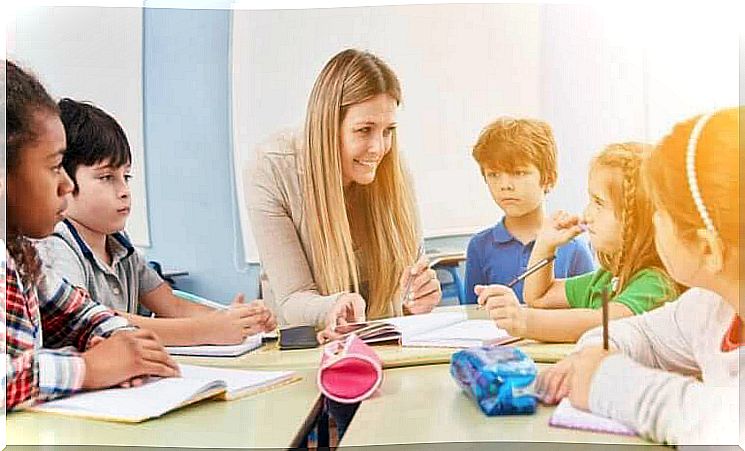
Pedagogy uses other sciences such as philosophy, sociology and psychology. It sees education as a complex phenomenon that must be approached from many different angles.
In turn, in pedagogy, one must plan, implement and evaluate the various methods and techniques that can facilitate teaching and learning processes.
What is child education?
As the name suggests, child pedagogy is a discipline whose main study object is children. In fact, it is generally devoted to studying the first years of a child’s life.
Child pedagogy analyzes how a child matures, develops and grows. In addition to this, it focuses on the abilities that a child acquires during this first, important phase of life.
In addition, child pedagogy takes into account a number of different elements when assessing individual children. These parts are generally social, environmental and economic, among others. They are always studied in relation to the specific context for each child.
Therefore, an expert in child pedagogy is responsible for creating, organizing, implementing and evaluating the various strategies, methods and didactic resources that enable children to acquire new skills during the first years. All this depends on each child’s individual growth and development.
The purpose of this discipline is to develop and plan teaching situations that stimulate and enable a child’s development. Experts look at this development on a physical and biological level, as well as on psychological, cognitive, social and emotional levels.
What characterizes child pedagogy
The most important characteristics of child pedagogy and the methods developed and applied by professionals are:
- To understand a child’s educational needs on an individual basis and also take into account the environment and the context in which they live
- Responding to children’s educational needs depending on individual situations and different growth phases
- Encourage children to grow and develop independently and with the ability to think for themselves
- Collaborate with the family and with the various training centers
- Design, coordinate, implement and evaluate training programs. These can be both in schools and other places, such as companies, non-governmental organizations, associations, etc.
- Develop and analyze education policy on a larger scale, and also examine subsidies, research and education for children.
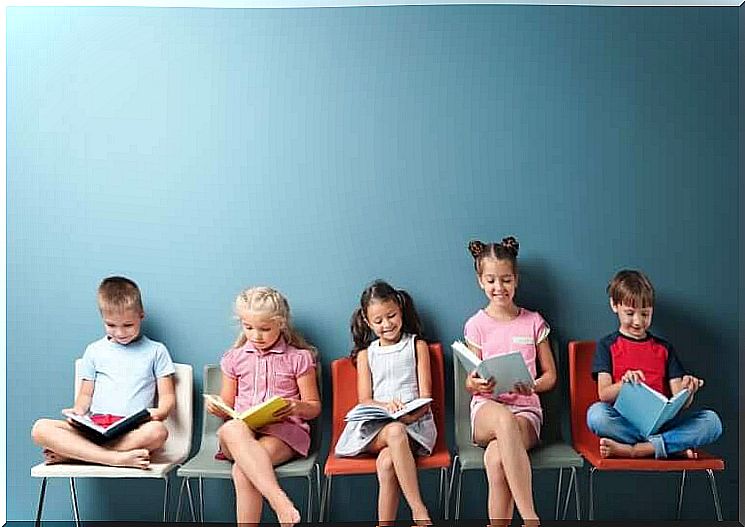
Play: The best methodological tool in child education
Play plays an important role in children’s overall development, which is why child pedagogy makes extensive use of games for educational purposes.
Games contribute to learning by making it more fun and interesting for children. They are truly a great didactic resource in child pedagogy, with the goal of stimulating a child’s learning during the first years.

